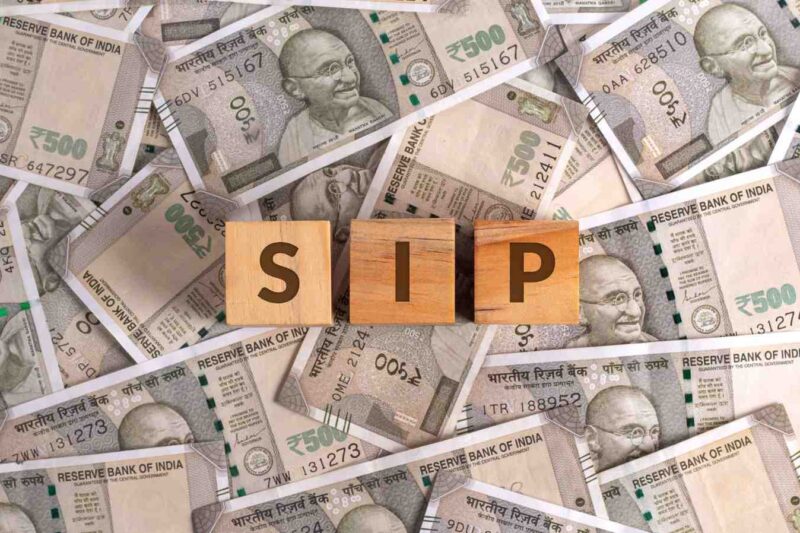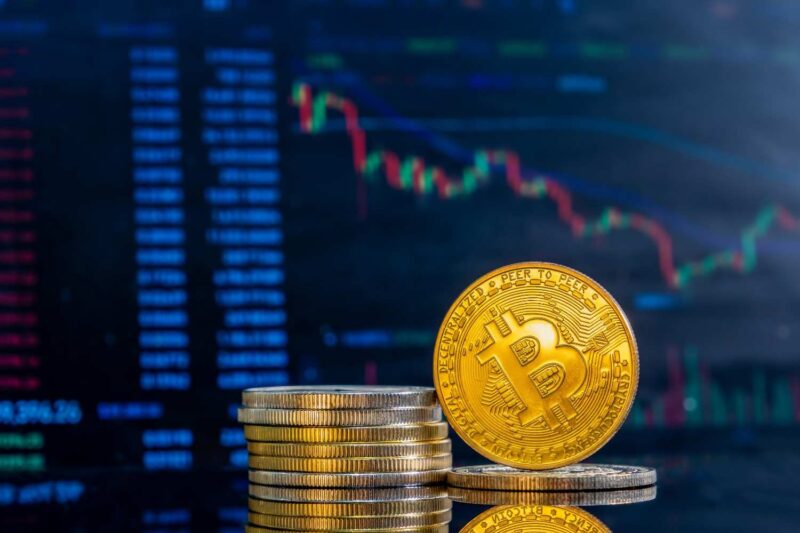In recent years, the cryptocurrency industry has gained huge popularity among investors and traders. However, alongside its growth, the risks associated with it have also been rising on a daily basis. Many investors lose their crypto not because of bad market decisions, but because of poor security. Knowing how to protect your cryptocurrency from hackers is essential if you want your digital assets to stay safe.
Let’s explore the various ways in which you can do so in a smart way.
What Is The Significance Of Cryptocurrency Security?
Unlike in cases of banks, cryptocurrencies don’t have a central authority to reverse a stolen or lost transaction. If your crypto is taken, it’s ultimately gone. Nothing can be done to get it back. That is why the practitioners of strong security measures are a must for every investor, whether you are a newcomer or someone experienced.
| Reason | Why It Matters |
| Irreversible Transactions | Crypto transfers can’t be reversed, even if hacked. |
| No Central Authority | No bank or government can help recover stolen funds. |
| Increasing Cybercrime | Crypto wallets and exchanges are common hacker targets. |
Best Ways to Keep Your Cryptocurrency Safe
Learn these uncomplicated but still effective ways to keep your cryptocurrency assets secure,
1. Use a Hardware Wallet
Private keys of hardware wallets are stored offline, which means that they are almost impossible to be hacked into by hackers. Ledger and Trezor are the brands that are trusted because they have millions of users among the crypto holders around the world.
2. Enable Two-Factor Authentication (2FA)
Applying 2FA on all your accounts with the crypto exchange is a must. In case your password gets stolen, it provides an additional barrier to security. Google Authenticator is an authentication app that is preferred over SMS codes.
3. Avoid Public Wi-Fi
Logging into your cryptocurrency wallet or exchange account via a public or common Wi-Fi network is not a good idea and should be avoided. A VPN can offer you extra protection regarding your privacy when using crypto platforms.
4. Keep Software Updated
Wallet apps, antivirus software, and operating systems should be updated on a regular basis. When there are updates, security flaws are fixed, and hackers cannot exploit those bugs anymore.
5. Beware of Phishing Scams
The links that hackers send are often similar to ones of your exchange or wallet website. Theft of your login details can occur if you click on these links. Checking the website URL closely before entering personal credentials is a good practice.
6. Backup Your Private Keys and Seed Phrases
The recovery phrase of your wallet should not only be stored on paper or securely offline, but also not online at all. To prevent losing them, use several copies kept in different safe locations.
7. Choose Reputable Exchanges
Trading should be done only on secure, well-known, and regulated exchanges that have a good reputation in terms of security. It is better to keep the personal information you provide to the lesser-known trading sites to a minimum.
Common Mistakes to Avoid
1. Using passwords that are easy to guess or repeating passwords across different accounts.
2. Storing the entire cryptocurrency in an exchange account instead of putting it in a private wallet.
3. Sharing private keys or seed phrases with anyone.
4. Turning a deaf ear to software updates and security alerts.
Conclusion
There is nothing complicated to keep your cryptocurrency safe; being careful and consistent is all that is needed. Simple steps like using a hardware wallet, enabling two-factor authentication, and staying alert to scams can make a big difference. Remember, your crypto is only as secure as the measures you take to protect it. If you start following these best practices, you will be able to invest with confidence and ensure that hackers stay far away from your digital wealth.




